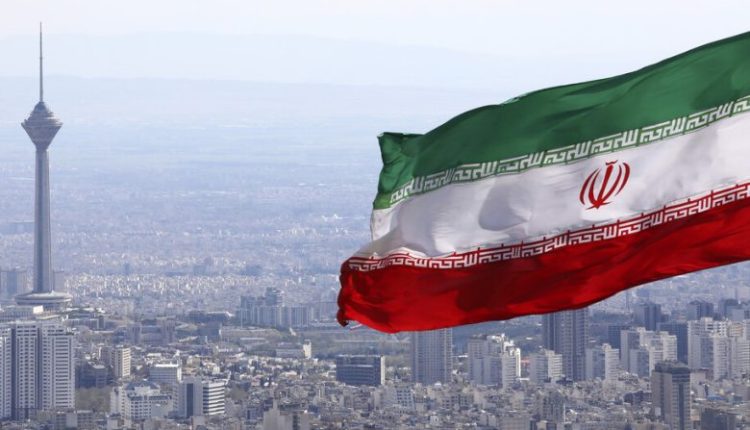Iran Warns of Security Council Deviation — “No Legitimacy if Subjugated to U.S. Hegemony”
In a firm stance reflecting Tehran’s growing rejection of double standards within international institutions, Amir Saeed Iravani, Iran’s Permanent Representative to the United Nations, warned against the political exploitation of the Security Council. He stressed that the UN now faces a decisive test of its charter and legitimacy amid U.S.-backed Israeli violations and Western manipulation of decisions to serve unilateral agendas.
A Charter Under Test: The UN’s Credibility at Stake
In his speech before the United Nations on Friday evening, Iravani stated:
“The UN Charter — the foundation of international law and multilateralism — is facing a serious test due to continued aggression, impunity, and the political misuse of its mechanisms.”
He added that the Security Council must now, more than ever, fulfill its responsibilities with integrity and effectiveness, without selectivity or subservience to any power:
“No member, however powerful, should be allowed to misuse or manipulate this institution for political or unilateral purposes.”
U.S.-Israeli Aggression Against Iran — A Case Study in UN Failure
Iravani cited the Council’s silence on the direct U.S.-Israeli aggression against Iran on June 13, 2025, as a prime example of its deviation, calling the event a blatant violation of international law and a direct threat to regional and global peace.
He declared:
“On June 13, 2025, the Zionist entity — with direct U.S. participation and support — launched a large-scale war on the Islamic Republic of Iran.”
The envoy criticized the Security Council’s inaction, saying that it not only emboldens the aggressors but also undermines the very foundations of the UN Charter, exposing the deep imbalance in the current international order under U.S. domination.
This statement comes amid Western complicity and global silence over Israeli crimes against the region’s nations — from Palestine, Syria, and Lebanon to Yemen and Iran — while resistance nations face sanctions merely for exercising their legitimate right to defend sovereignty and security.
Abuse of the Security Council — From Aggression to the “Snapback Mechanism”
Iravani also condemned attempts by the European trio — Britain, France, and Germany — to abuse the Council under U.S. pressure by reviving expired sanctions on Iran through the so-called “snapback” mechanism, linked to UN Security Council Resolution 2231 and the Joint Comprehensive Plan of Action (JCPOA).
He asserted that this move “has no legal basis and constitutes an explicit violation of Security Council decisions and the JCPOA.”
He described the European trio’s actions as a blatant manipulation of international law driven by political motives and selective standards.
Iravani noted that this Western duplicity was rejected by Russia, China, and the 121 member states of the Non-Aligned Movement, all of whom affirmed that the European action is null and void, and reflects Washington’s overreach and its conversion of the United Nations into a pressure tool against independent nations.
The UN Charter and the Test of Sovereignty and Justice
Concluding his address, Iravani warned that the Security Council’s silence on aggression and the complicity of some of its permanent members strip the institution of its remaining credibility, turning it into a political façade for major powers instead of a guarantor of peace and security.
He reaffirmed that Iran will not accept political tutelage over its sovereign decisions or its legitimate right to self-defense, reminding that:
“History has proven that free nations can protect their dignity despite siege and aggression.”
Washington’s Hegemony Undermines UN Legitimacy
Analysts view Tehran’s latest position as a strategic shift in the discourse of free nations toward the UN, which many now see as a tool in the hands of the U.S. and its allies to justify aggression and punish independence.
This Iranian message underscores the emergence of a new global confrontation between the axis of domination and the axis of sovereignty. Free nations — from Yemen to Iran and Palestine — no longer rely on institutions subservient to aggressors but on their own strength and the resistance bloc that is redefining deterrence across the region.

